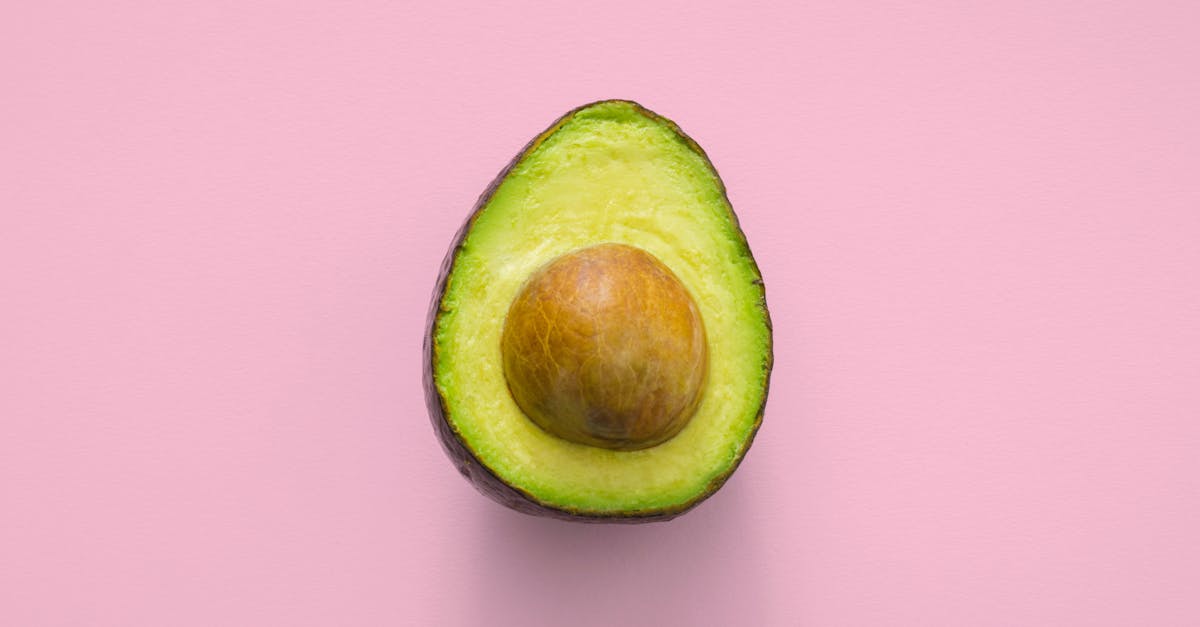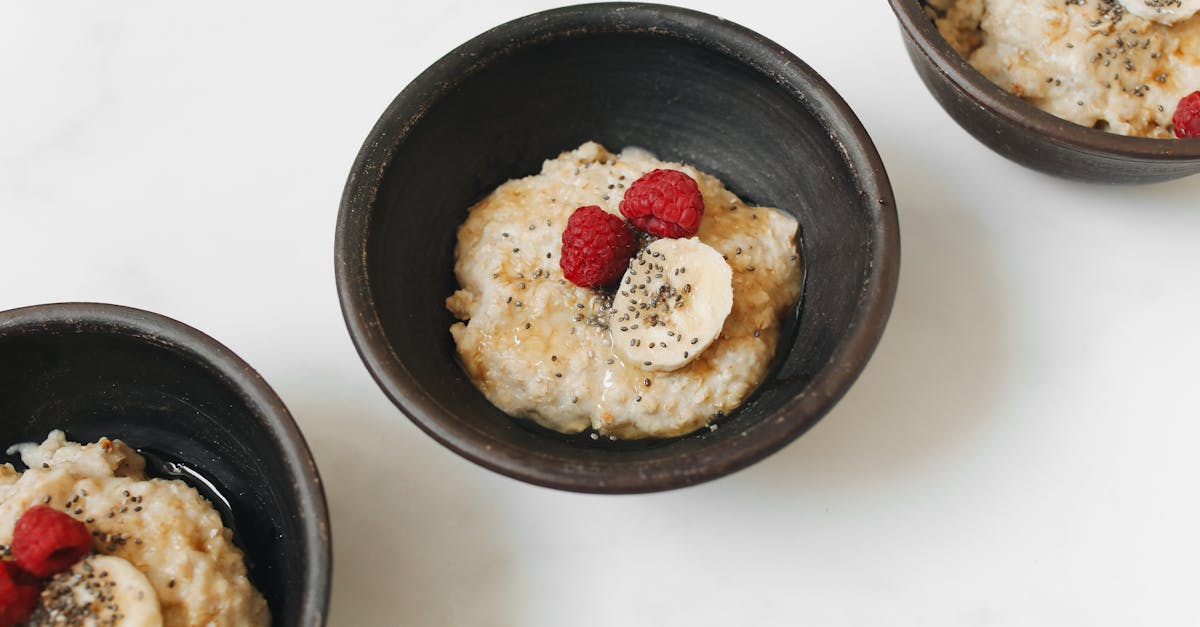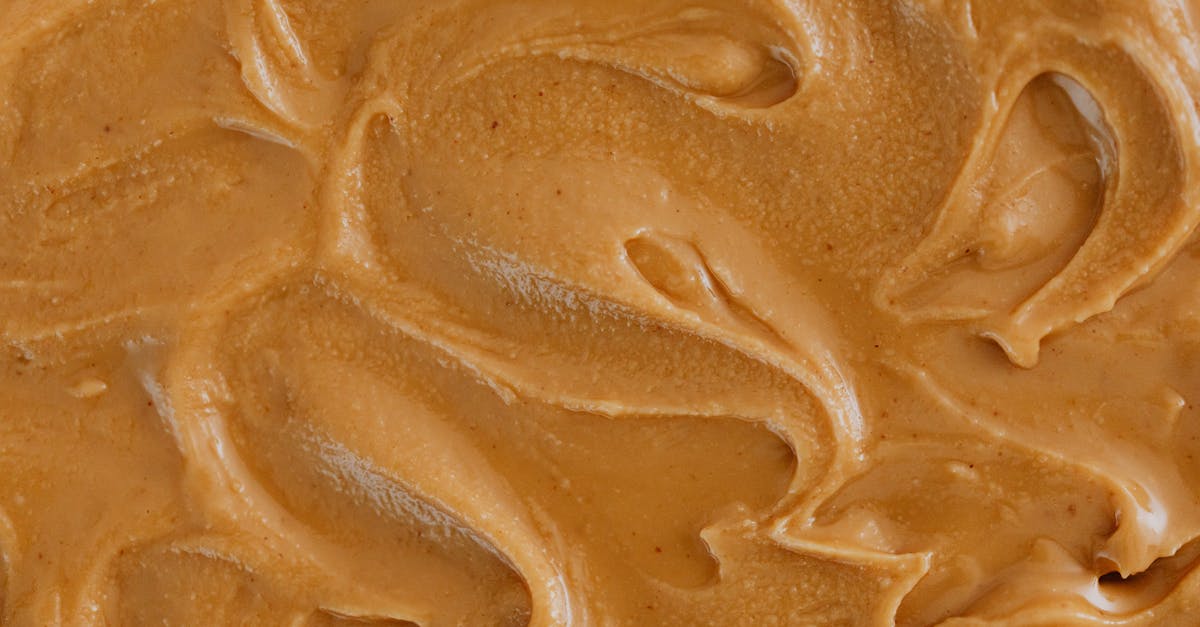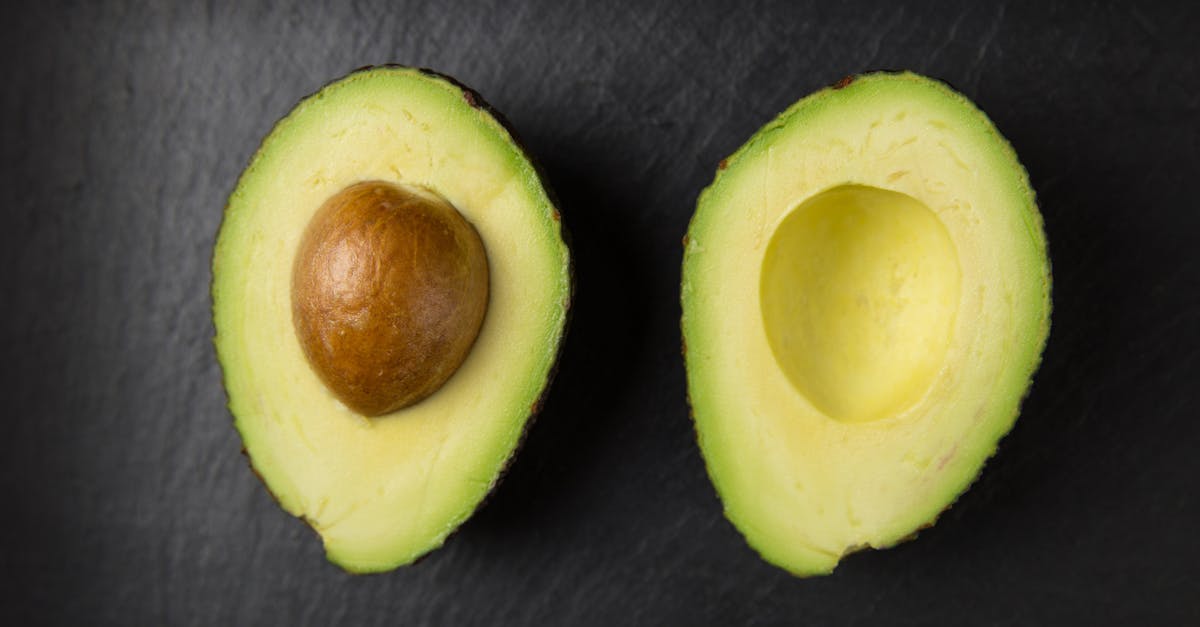As your baby approaches their first birthday, ensuring they receive the right nutrition is crucial for healthy weight gain and overall development. At this stage, babies are ready to explore a variety of foods that can help them thrive. In this article, we provide a detailed food chart along with explanations of how each food contributes to your baby’s weight gain.
| Food Item | Calories (per serving) | Benefits |
|---|---|---|
| Avocado | 240 | Rich in healthy fats, vitamins, and minerals. |
| Bananas | 105 | High in potassium and energy-dense. |
| Full-fat Yogurt | 150 | Excellent source of calcium and protein. |
| Oatmeal | 150 | High in fiber and helps in digestion. |
| Peanut Butter | 190 | Rich in protein and healthy fats. |
| Sweet Potatoes | 112 | Packed with vitamins A and C. |
| Eggs | 155 | Great source of protein and healthy fats. |
| Cheese | 113 | High in calcium and protein. |
| Quinoa | 222 | Complete protein source with essential amino acids. |
| Chicken | 335 | Rich in protein and iron for growth. |
Avocado
Avocado is a fantastic food for babies due to its high-fat content, primarily healthy monounsaturated fats. These fats are essential for brain development and overall growth. Additionally, avocados are rich in vitamins E and C, potassium, and fiber, making them a nutritious choice for your little one.

Bananas
Bananas are an excellent source of energy for your one-year-old. They are easy to digest and packed with potassium, which helps in maintaining healthy blood pressure levels. Their natural sweetness makes them a favorite among babies, and they can be served mashed or sliced for easy eating.

Full-fat Yogurt
Full-fat yogurt is a great way to introduce dairy into your baby’s diet. It contains beneficial probiotics that support gut health and is a rich source of calcium, necessary for strong bones and teeth. Look for plain, unsweetened yogurt to avoid added sugars.

Oatmeal
Oatmeal is a wholesome grain that provides essential nutrients and is high in fiber, promoting healthy digestion. You can prepare oatmeal with milk or water and mix in fruits for added flavor and nutrition. It’s a filling option that helps sustain energy levels throughout the day.

Peanut Butter
Peanut butter is an excellent source of protein and healthy fats, making it an ideal choice for weight gain. Ensure you choose a smooth, unsweetened variety to avoid choking hazards. Peanut butter can be spread on bread or mixed into smoothies for a delicious treat.

Sweet Potatoes
Sweet potatoes are not only delicious but also packed with essential vitamins and minerals, particularly vitamin A, which is important for vision and immune function. They are naturally sweet, making them appealing to babies, and can be baked, mashed, or pureed.

Eggs
Eggs are one of the most nutritious foods available and are an excellent source of protein, healthy fats, and several vitamins and minerals. They can be prepared in various ways, such as scrambled or boiled, and are versatile for any meal of the day.

Cheese
Cheese is another dairy product that provides high-quality protein and calcium. It’s creamy and flavorful, making it a hit with babies. Soft cheeses like cottage cheese or mozzarella are great options for young children, while harder cheeses can be grated or served in small pieces.

Quinoa
Quinoa is a complete protein source, meaning it contains all nine essential amino acids necessary for your baby’s growth. It’s also rich in fiber, magnesium, and antioxidants. Cooked quinoa can be mixed with vegetables or served as a side dish to add variety to your baby’s diet.

Chicken
Chicken is a rich source of protein and iron, essential for your baby’s growth and development. It’s versatile and can be cooked in many ways, including boiling, baking, or shredding for easy consumption. Ensure the chicken is well-cooked and tender for safe eating.

FAQ
What should I feed my one-year-old to help with weight gain?
Include energy-dense foods like avocados, peanut butter, and full-fat dairy products in your baby’s diet. These foods provide healthy fats and proteins that support weight gain.
How can I ensure my one-year-old is getting enough nutrients?
Offer a variety of foods from all food groups, including fruits, vegetables, grains, proteins, and dairy. Monitor your baby’s growth and consult with a pediatrician for personalized advice.
Is it safe to introduce new foods to my one-year-old?
Yes, you can introduce new foods to your one-year-old, but do so gradually and watch for any allergic reactions. It’s best to introduce one new food at a time.
How much food should a one-year-old eat?
A one-year-old typically eats 3 meals a day along with 1-2 snacks. Portion sizes will vary, but focus on offering a variety of foods to meet their nutritional needs.
References:
– [CDC – Nutrition for Your 1-Year-Old](https://www.cdc.gov/nutrition/infantandtoddlernutrition/index.html)
– [HealthyChildren.org – Nutrition for Children 1 to 2 Years Old](https://www.healthychildren.org/English/healthy-living/nutrition/Pages/Nutrition-for-Children-1-to-2-Years-Old.aspx)
